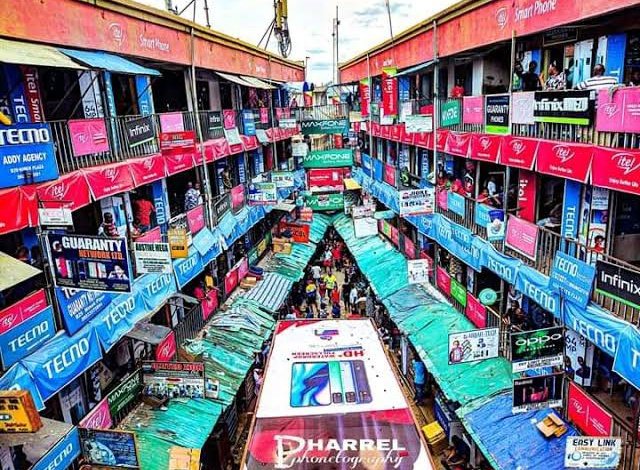The Federal Government in a significant move to enhance energy access in Nigeria, has formalized an agreement with the European Union and the German Government, securing £17.9 million in funding for the country’s off-grid electricity project.
This initiative, part of the third phase of the Nigerian Energy Support Programme, aims to stimulate investments in renewable energy, improve energy efficiency, and promote rural electrification, according to The Punch.
The European Union has highlighted that the programme is set to benefit approximately 154,000 individuals by providing them with access to electricity and connecting an additional 30,000 households to clean cooking gas.
Additionally, the third phase is expected to generate eight megawatts of electricity, marking a crucial step towards sustainable energy solutions in Nigeria.
The NESP, launched in 2013, has established itself as a pivotal technical assistance initiative aimed at enhancing the country’s energy landscape.
Co-funded by the European Union and the German Federal Ministry for Economic Cooperation and Development, the programme is implemented by the Deutsche Gesellschaft für Internationale Zusammenarbeit (GIZ) in collaboration with Nigeria’s Federal Ministry of Power.
Speaking at the launch and steering committee meeting of NESP III, the Head of Section Green and Digital Economy at the European Union Delegation to Nigeria and ECOWAS, Inga Stefanowicz, said achieving a cleaner future is the business of all stakeholders.
According to her, the EU has not only persisted in helping the Nigerian government fulfill its ambitions for energy security but has also helped it move toward a sustainable energy future by increasing the proportion of renewable energy in its electrical mix.
She said that the EU is happy to have commissioned more funding for the program’s third phase in order to continue assisting in the creation of different frameworks and creative models, redefining the idea of electricity franchising, drawing in investments in renewable energy, and guaranteeing a steady supply of electricity to its recipients.
“She said, “As we are launching this third phase, there is more for us ahead, 154,000 people will have new or improved access to electricity under this new phase. 30,000 people will get new access to LPG for cooking, for clean cooking. The installation of 8MW of additional renewable energy capacity is also planned.
“Achieving just energy transition is a business for all stakeholders. And the EU has partnered with Nigeria to launch this goal for many years to achieve sustainable energy, energy security, energy efficiency, access, and clean energy.
“Solar installation for health projects, we support and work hand in hand with state governments. This is part of our key objectives, in fact, and at the centre of our partnership with Nigeria. Clean and digital economy and part of our global gateway strategy that works for the people and the planet.”
The deputy ambassador of Embassy of the Federal Republic of Germany, Johannes Lehne, reiterated the German government’s commitment to helping Nigeria meet its energy transformation goals.
He said, “Technologies and investments for renewable energy and energy efficiency will be key for diversifying Nigeria’s energy mix and decarbonizing the five critical sectors identified in the Energy Transition Plan.
“The third phase of NESP was commissioned by the German Federal Ministry for Economic Cooperation and Development with €8.9m in May this year.
“The EU has recently commissioned an additional €9m, which increases the total budget of the NESP programme to €17.9m. This shows Germany’s and its partners continued commitment to support Nigeria’s set targets in the Energy Transition Plan.”
In his address, the Permanent Secretary of the Ministry of Power, Mahmuda Mamman,
stated that the initiative will assist in bridging the 100 million Nigerians who lack access to power.
He asserts that renewable energy is crucial to overcome the difficulties in supplying electricity to Nigeria’s underserved rural populations.
“Phase three of the Nigerian Energy Support Programme is because of the successes recorded in Phases One and Two.
“Phases one and two have increased access to electricity supply in rural areas in Nigeria. About 100 million people in Nigeria do not have access to electricity,” he said.
Similarly, the Head of Programme at NESP, Duke Benjamin, highlighted that the project, which commenced in 2013, will provide electricity to rural communities not connected to the country’s national grid.
Despite multiple interventions, Nigeria’s electricity problems have not been resolved. Nigeria’s national grid had failed at least eight times in 2024 alone.










